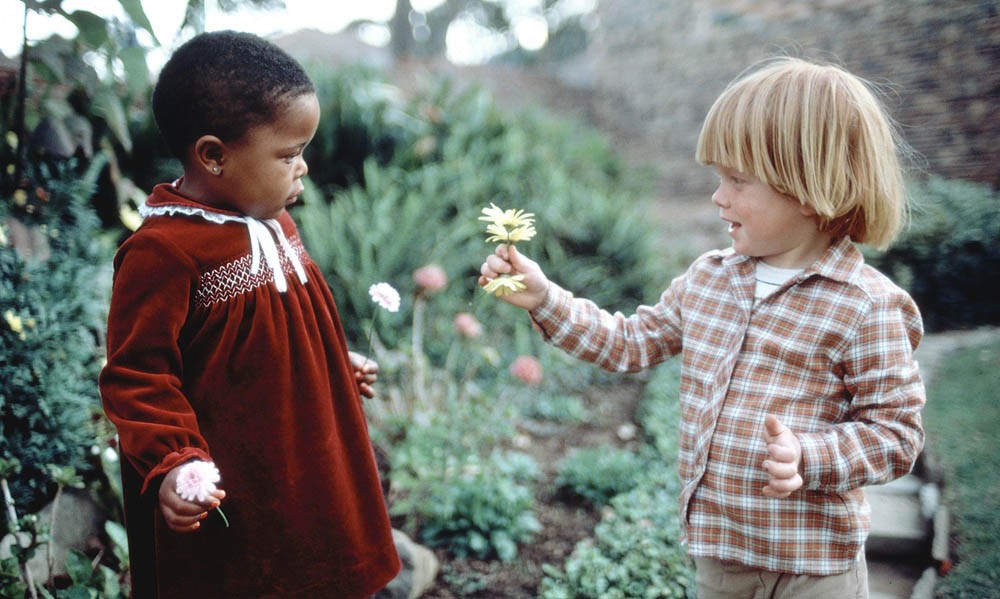
Tolerance should no longer serve as a buzzword for harmony and coexistence. What’s in a name?

Tolerance is a hazy concept: It connotes a judgement (a negative one) and the decision to act in spite of that judgement. Seemingly, it takes away our power, asks of us to put up with what we do not agree with, and demarcates the limits of our freedom.
Instinctually, we resist anything that impedes on our freedom, but when the incentive is that our actions are geared towards achieving ‘the greater good,’ concessions can be made. By allowing another individual the space to be, society at large breathes a little easier.
"If A is wrong according to my judgement, why should I put up with it? Is that what being tolerant means?" is a fair question to ask.
Tolerance essentially gives off a sense of acting against our better judgement. The problem emerges when the word is used in the context of dealing with religious, racial, ethnic and cultural differences.
The discomfort arises not from the underlying idea of resolving conflicts by exercising mutual self-restraint and focusing on fostering understanding between communities and individuals but when it comes to the question of who is ‘tolerating’ whom.
It is when a photograph in which a smiling Caucasian child gives a flower to what appears to be a hesitant African child is displayed proudly on the UN’s website for the World Tolerance Day. The caption reads: "During the time of Apartheid in South Africa, when black people were denied their basic human and political rights, two youngsters of different races forge a connection in Cape Town".
The very ‘tolerance’ that demands us to distance ourselves from our judgement begins by first recognising our right to make a judgement. Perhaps, we need a fresh word -- clean, untainted, specific in its meaning and one that does not reek of high-mindedness, condescension and even resentment -- when we want to stress themes of harmony and acceptance.
It is impossible for the word to retain its status as a virtue when it has been spread too thin, and nearly everything falls within its ambit: You can go anywhere from tolerating small talk, a child’s nagging or workplace politics to things like religious, ethnic, cultural, and political differences. In the words of T.S. Eliot, "For last year’s words belong to last year’s language; And next year’s words await another voice."
Read also: Editorial
However, till such time that we can mutually agree on a replacement, it is crucial to understand both the meaning and price of freedom. Despite the instinct for it, humans are not entirely born free -- there have always been limitations to freedom: There is the need for rest -- rendering even the most powerful of humans completely vulnerable. Even "the gaze, the greatest marvel man possesses, is regularly interrupted by a mechanical washing action," writes Kundera.
Freedom of thought and expression, too, comes at a price. The idea that our freedom ends where another’s nose begins is key for peaceful co-existence and harmony. It is free from judgement and has an underlying element of respect, which is very different from agreement or admiration. Essentially, what is honoured or celebrated is another’s right to be different or to not conform to every expectation of society until the time that such freedom endangers that of another or civil peace in general.
While the vocabulary employed to stress an undoubtedly noble pursuit can be debated, the fact remains that society in its present state could do with an expansion of its imagination to respect differences. Tolerance should no longer serve as a buzzword for harmony and coexistence. But, what’s in a name? Well, something between everything and nothing.